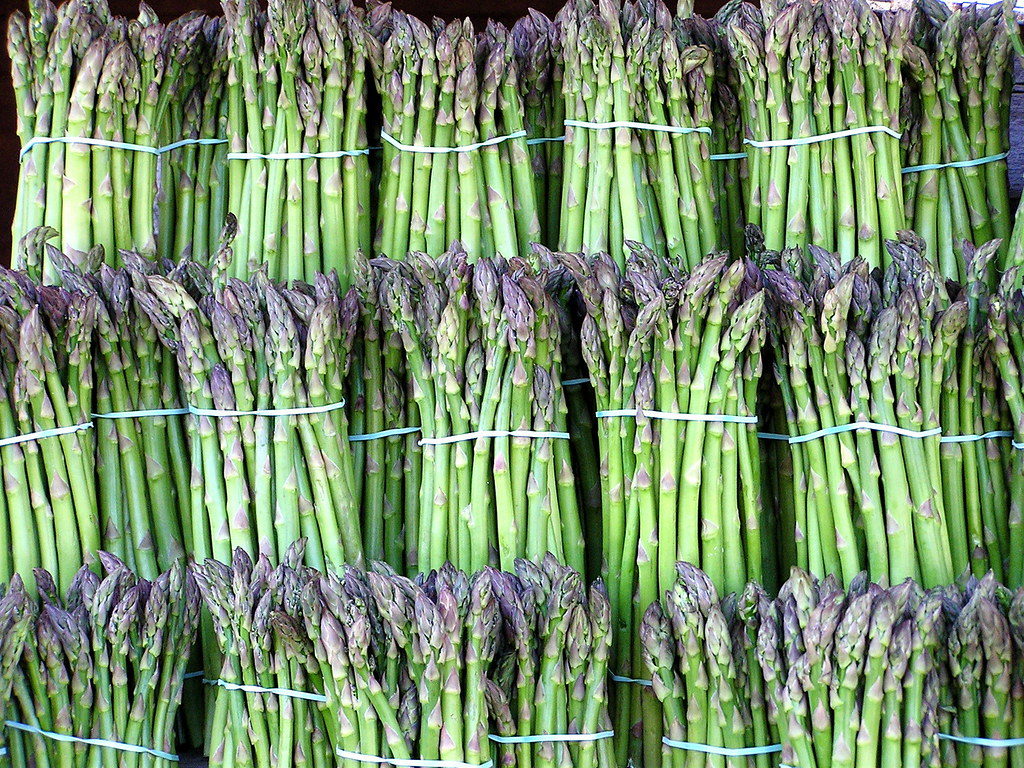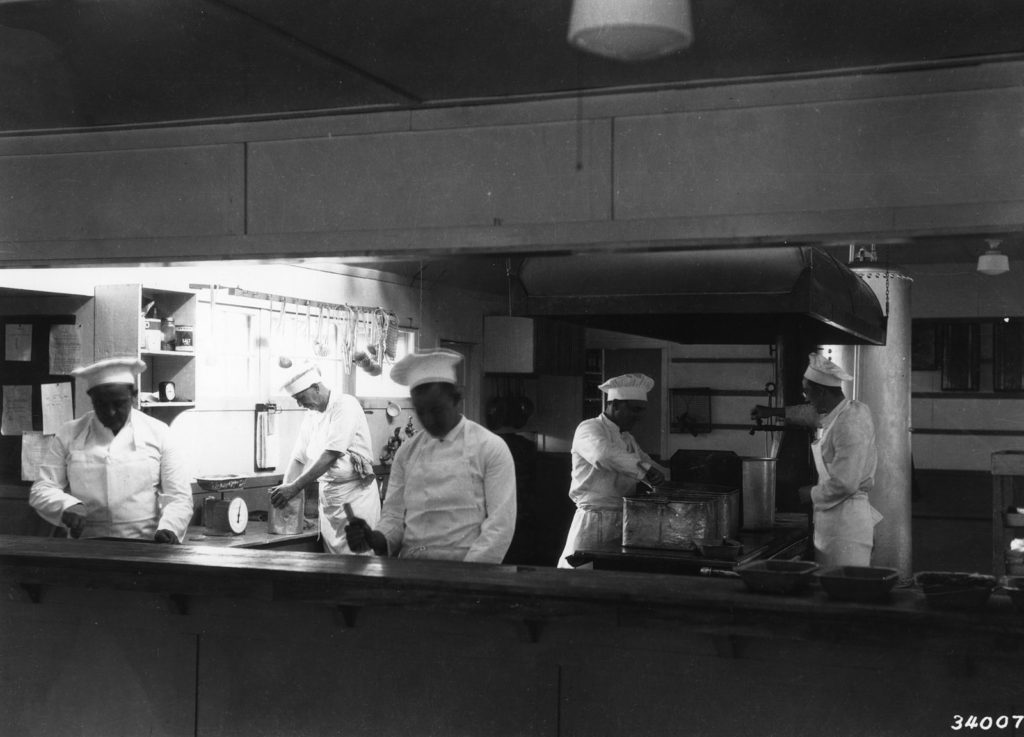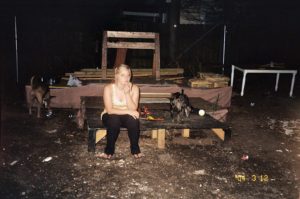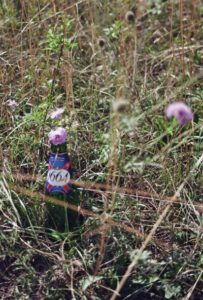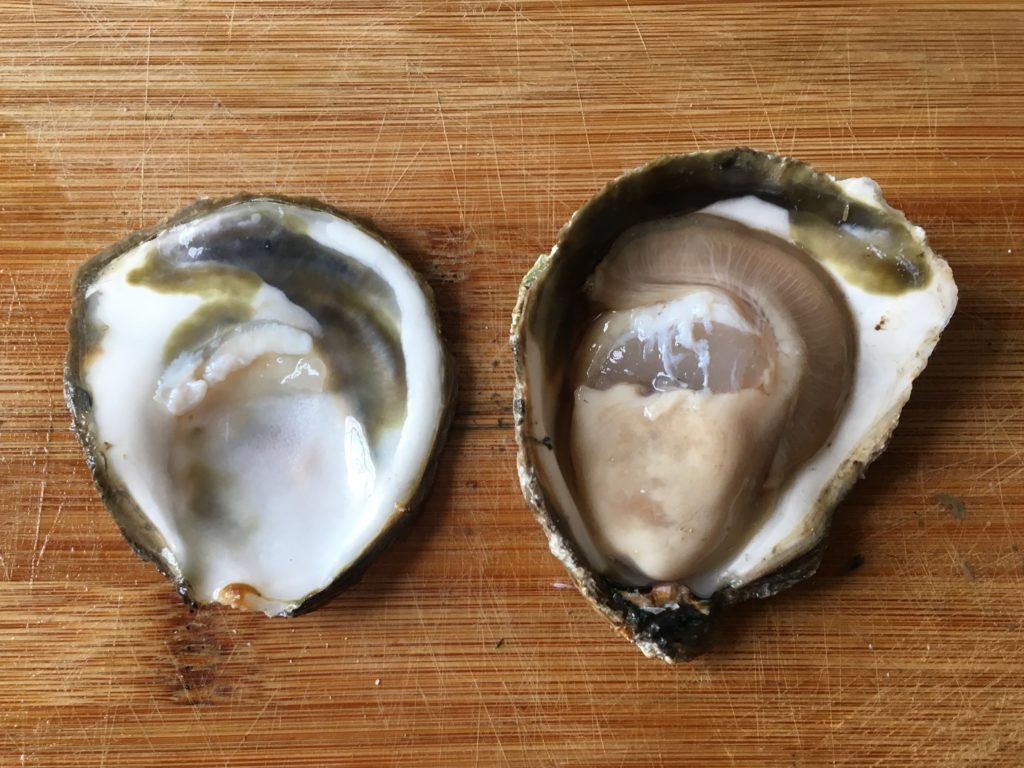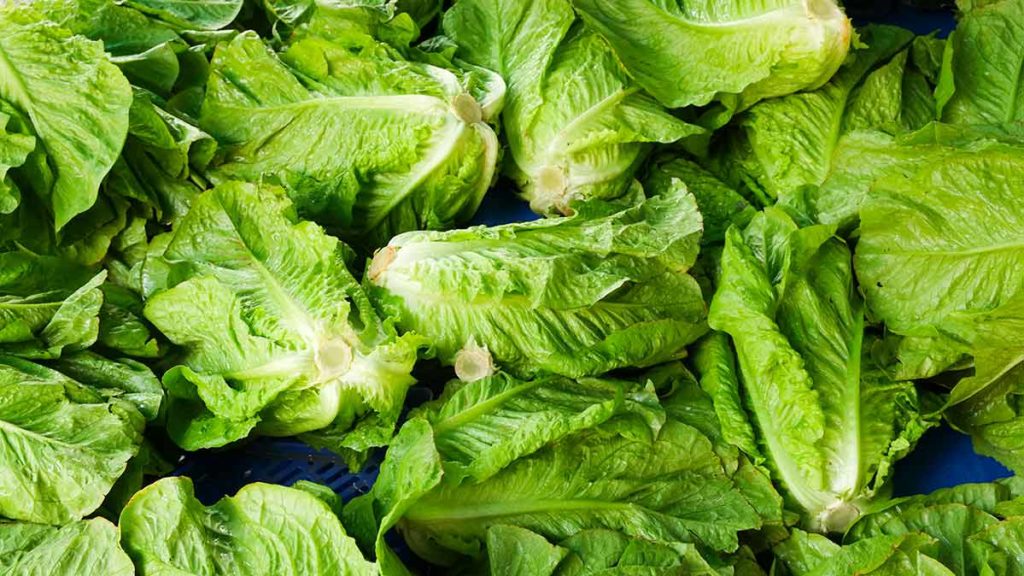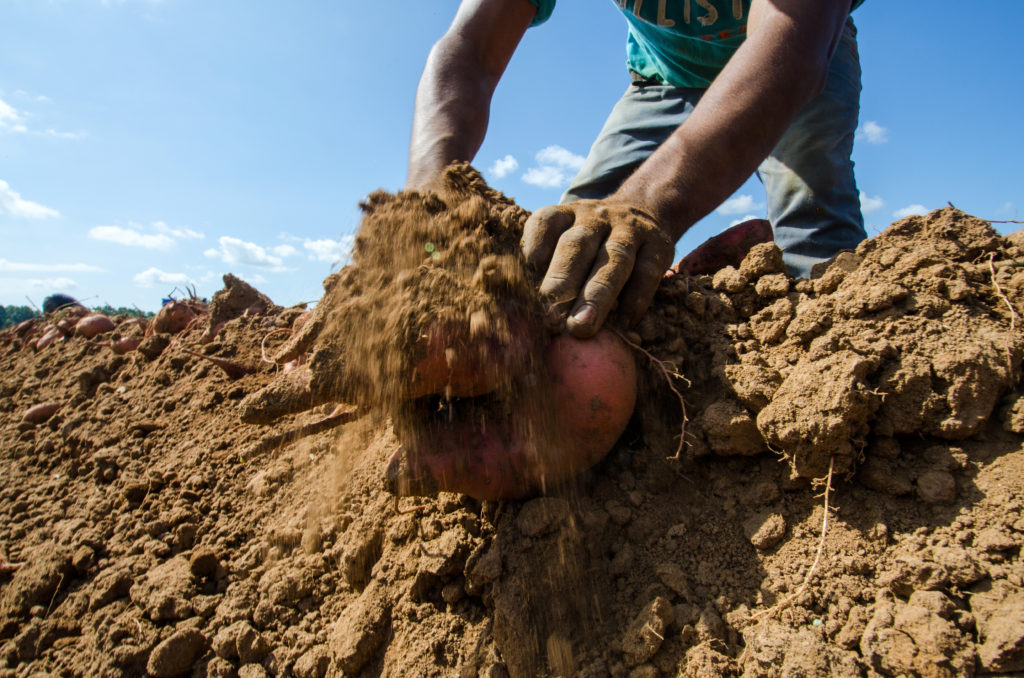What cemented her reputation as one of the greatest, most conspicuous, famous old hos in all history? I put it down to the pigs.
* * *
Cleopatra wanted six of them roasted—or let’s say half a dozen, it sounds bigger. Half a dozen pigs on the spit unwinds the kitchen boy’s shoulder from its socket. Each boar the size of a man, legs stretched out as if in flight.
Now the head cook says, Make that eight.
They must be expecting so many people, a whole cohort. But the cook says no, it’s only twelve of them in the great hall. She wants it just so, they must be very special guests—
* * *
The archive doesn’t go into their names. But let’s say it’s 40 B.C. Julius Caesar is cooling in his grave, and Rome and all the client kingdoms are ruled by an itchy new triumvirate:
* * *
The chair scraping into position at the head of the table could be Octavian, Caesar’s heir. Octavian hardly knows how to hold his knees underneath his toga, he’s that green. But he’d like to get it right. He has a feeling the number of most powerful men doesn’t need to be three.
But a long dining table is conducive to happiness. It’s so intimate, to embrace the world and her guests at arm’s length.
At the foot, Lepidus is shifting in his seat like a half-strung marionette. Even in Rome, the senator is infamous for his habit of adjusting his ball sack, a motion notable not so much for its regularity as for Lepidus’s fretful aspect as he counts: one, two—and then three and four! cupped fingers squeezing the girdle of money purses that chafe against his thighs. (But that’s just wicked talk.)
And in the middle of the table, presiding carver of the boar-to-be, is Antony. Bright-curled, bright-eyed, bright-cheeked, he’s been stationed in Egypt since October. A great soldier, it’s true, but his genius is in toasting the table. Antony is famous for his eulogies but he’s even better at a wedding, and he can rouse a dinner for twelve or fifty into a revel of abundant, inarticulate cheer: Charge your glasses, people! says Antony, To the New Age! Live life, every day!
Even Octavian raises his glass of iced water. Time to bring out the pigs.
* * *
To spit-roast a pig, build a fire and keep it burning. The whole point is to cook the pig gently for a very long time, which is why hot coals are better than an open flame. As you turn the pig, baste it in oil and something sweet to keep the flesh from drying out. The kitchen boy has been turning and basting for hours, dipping a long stick wrapped in cloth into his pot of honey and spices and painting the pig in wide strokes.
* * *
It’s not many people but it feels like everybody. Anybody you can think of was possibly there. The Nubians, the Seleukids, Glaphyra with her good wig and her wooden teeth sat in between them. Even that local guy, the one who invented the leap year. Just don’t mention that it wasn’t Caesar’s idea, that the new calendar is a rip-off—Hush. Everyone here loves Julius and his calendar. Everyone here loves Rome. And you know, the astronomer says the person who introduced him to Caesar is her highness sitting right over there—the hostess, that is.
* * *
No one’s been able to say exactly what it was about her except to agree that she wasn’t very pretty. She was a good time, she spoke seven languages, was a theatric, she was charming and mean. Another way of saying this: she knew how to throw a great party.
If you were Octavian and she sat beside you and squeezed your knee you’d look down and see a set of crescent divots left in your last baby fat and feel—you don’t know what. Look up, past a wrist, nine bracelets, a shoulder, and find Cleopatra’s eyes, struck in black and gold. You could roast a whole hog over her smile.
Ask her why all the guests are barefoot, she’ll say the onyx floor has been a long time in the family, that since General Antony’s been in the East she’s had to throw so many parties the black rock is starting to crater. Some of this is even a true. She might offer Octavian a taste of clay-baked hedgehog, a swig of cloudy Egyptian beer. No hard feelings while we’re eating.
* * *
A spit roast is not particularly efficient. The only meat eaten at the banquet table is the meat that pulls off the bone. All the same, it’s a crowd-pleaser. A big but not enormous pig, weighing say, 100 pounds, can feed around fifty people. And painted properly, it’s dressed to perfection. The outer skin is crunchy, almost brittle, while the flesh inside is as moist as if the animal were still alive.
* * *
I’ll lay my cards down now: She’s already pregnant with the twins. It can be surprising, who you end up telling first.
For instance, at this party, on this temperate winter evening, what if Herod arrives late, resplendent in a bias-cut mantle? Herod of Judea, not yet Herod the Great. He could, he might, what if the mantle had a purple trim? Phoenician purple squelched from twelve thousand snails.
Cleopatra kisses Herod. She’s known him since they were children. She tells him he looks handsome, like a pirate. Maybe it’s the new wife. (The first one was a nonentity, Doris Nobody, never to be mentioned.) Is this Cleopatra teasing Herod? That Cleopatra. That Herod. It really could have happened.
He says she’s looking fatter, even fruitful. Octavian, still listening, drops his jeweled soup spoon. It clatters on the onyx. So Herod might switch languages, from Attic to Aramaic. Yes, he can do that. He asks her, Whose seed is it?
Sniffing, Cleopatra could say that the Greeks have a one-word answer for his line of questioning: Parthenogenesis. Or if a virgin conception seems ridiculous, how about this: Maybe Zeus took on the form of a pair of pantyhose and so made love to her?
Sucking on melon rind, Herod wonders if Cleopatra really meant to say Zeus? He imagines Jupiter might be more accurate. He tilts his head towards Antony. The Roman has abandoned his boar and is watching with narrowed eyes, trying to lip-read the language he doesn’t speak. Antony the Merry has disappeared, and in his place stands Antony Strongman, language-less and muscle-bound—deaf to the laughter and the beer pouring, a guy in an animal skin, about to overturn the table.
Then Cleopatra smiles at him—Hero, come here. Smiles, pats her fatness. Speaks to him in Latin. He’s Antony the Radiant, he might just make another toast, To the most notorious woman in the world and our—Cleopatra intervenes: he must know Herod, governor of Galilee? Herod, slightly bored, congratulates them on the baby, compliments Antony on snaring a woman with so much of whatever-it-is that she has.
Antony gives him a happy, bone-bruising smack. Well said! Someone should make this man a tetrarch!
Grabs their glasses (Got to charge them) and walks to the ice-bucket, grinning his head off.
* * *
One hundred years after everyone here is dead, the biographer Plutarch will explain the eight hogs as follows.
Plutarch had a grandfather by the name of Lamprias and Lamprias had a buddy by the name of Philotas. As a young man going to medical school in Alexandria, Philotas was friendly with a cook in Cleopatra’s palace. The cook invited Philotas to the royal kitchen to see the preparations for a banquet happening that night. Philotas was astonished to see eight wild boars roasting, and asked if very many people were coming to dinner. The cook laughed at his innocence. Only a dozen guests—but Antony might call the boar up at any time and even then maybe change his mind and ask for wine instead. Since the pig must be cooked to perfection when served, eight were set out to roast at different intervals so that the kitchen would be ready to wait on Antony and Cleopatra at any hour of the evening.
* * *
Just one roast boar is a lot of meat for twelve people, especially if not all of the guests eat pork. Lepidus is on the floor, examining the onyx with the closeness of a man about to lose consciousness. Someone from Somewhere has an arm around the carcass of the pig. Antony and Octavian pull together a pair of paisley chaise longues, so they can gaze out on the Nile, head to head.
In the kitchen, the remaining boars are stiff on their spits. Once the cooking’s started, they have to be finished. The last one in the formation still has a few hours to go.
* * *
Later Plutarch would say that it was in this period that Antony and Cleopatra started calling themselves the Amimetobioi, “the Inimitable Livers.” (So, Antony did speak Greek.) While some subsequent scholars have speculated that the phrase denotes a cult of Dionysus, the impression of many readers is that the Amimetobioi was a drinking club, even a whole society dedicated to debauchery. Urban legends of Cleopatra’s proclivity for bathing in asses’ milk or the blood of virgins remain unconfirmed, although ancient sources do have something to say about the story—still-circulating—of how the queen destroyed the most beautiful pearl in the world for the sake of a bet.
* * *
The tale of the pearl goes like this. The Inimitable Livers set a wager: Which of them can throw the most extravagant dinner? Antony goes first. Dancing girls, the works. He snorts when Cleopatra has him over for a simple affair, just the two of them, maybe a white tablecloth, an Old World red. No way has she spent as much as him. Then Cleopatra takes off one of her pearl earrings and drops it in her glass of wine. The pearl, one of the two most large and glorious in the world, dissolves, and Cleopatra drinks it. With a flick of her fingers and one long gulp, Cleopatra has bested him: she has sacrificed something priceless.
* * *
In all of these stories, Cleopatra is a woman-sized oyster: sweet, briny, creamy, spinning grit into luster, comprised of indefinite lines but closest in shape to a disembodied vagina.
In all of these stories, the punchline is Antony’s open mouth, startled then laughing. He laps it all up.
Food for thought: an oyster wrapped in bacon is known as an angel on horseback.
One problem for the apocryphal pearl: a glass of wine couldn’t possibly have dissolved it. In the early version of incident recounted by Pliny the Elder, the glass was actually full of vinegar. And although Egyptian vinegar was known to be particularly acidic, pundits have demonstrated that dissolving an entire pearl in it would have taken hours, not minutes. Moreover, vinegar would have had to be boiling to speed up the process. All of which lends the anecdote a rather different flavor.
There’s no mention of the earring in Plutarch’s Life of Antony, though with 700 pounds of uneaten pig left over, you can see how the rumors got started. (In the case of Cleopatra, it may be that swine came before pearls.)
One final option: the pearl did disappear, but what the Romans thought they saw was only Cleopatra’s sleight of hand. Her vanishing act.
* * *
On this night in Alexandria, let’s say the ice bucket’s all water. Say they take a thirty-five-minute break in the kitchen, nobody talking.
In the corridor, a guard curses softly, hot-fingered from reviving the torches.
Octavian raises himself on an elbow, in time to see Herod slip out the back door and Cleopatra sink into her throne, pulling a plate of dates and a side of crackling down with her. Octavian watches her, and the chorus of servants, slaves, relatives, and stage-hands in the wings watches him watching.
Cleopatra closes her eyes, and dies and dies sitting right where she is, as three notes of woodwind feather the night. It’s Antony’s most unexpected bonus, his music. She doesn’t need to look to recognize the marvel at the end of the last great party in the house of Ptolemy—it’s Hercules in Egypt, playing the flute.
* * *
In the kitchen, the coals collapse into ashes. High in the hot dim air, the pigs’ black eyes shimmer. Their burnished red skin makes them look like bronze statues.
Sources
Pelling, C. B. R., editor. Plutarch: Life of Antony. Cambridge University Press, 1988.
Plutarch. “Demetrius and Antony.” Vol. IX of The Parallel Lives by Plutarch. Translated by Bernadotte Perrin. Loeb Classical Library, 1920.
Roller, Duane W. Cleopatra: A Biography. Oxford University Press, 2010.
Ullman, B. L. “Cleopatra’s Pearls.” The Classical Journal,
Vol. 52, No. 5, Feb. 1957.
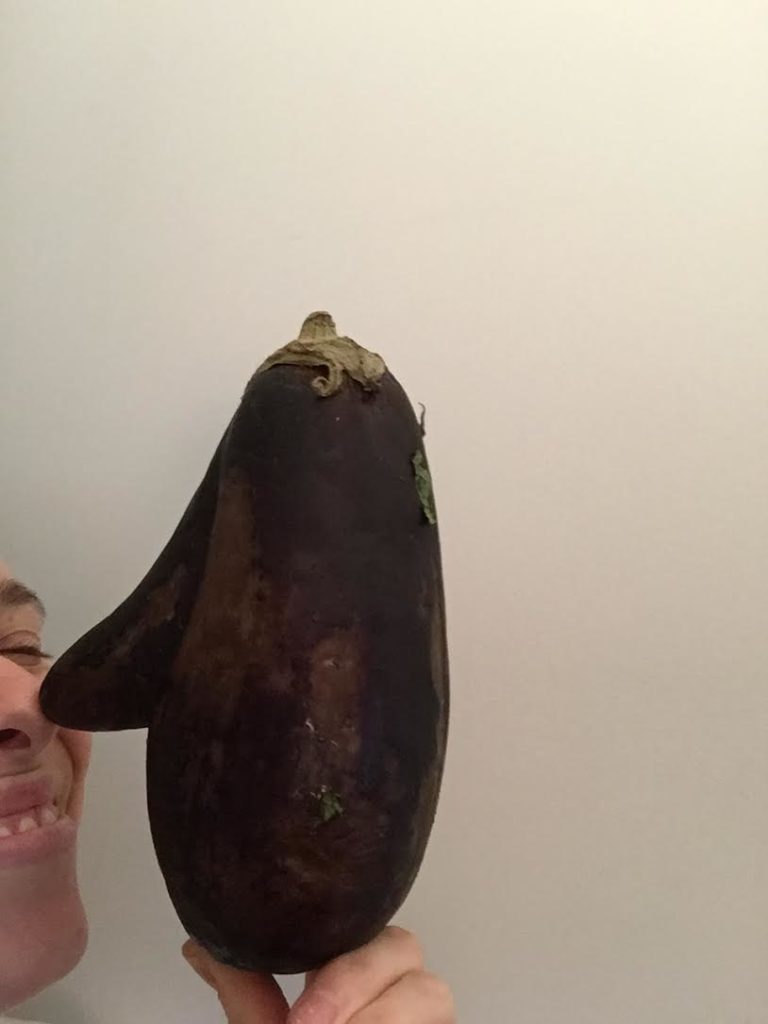
Evangeline Riddiford Graham is an artist and writer from Aotearoa. She is the author of the poetry chapbooks La belle dame avec les mains vertes (Compound Press, 2019), and Ginesthoi (hard press, 2017). She is in the second year of the New School Creative Writing MFA and lives in Queens.



